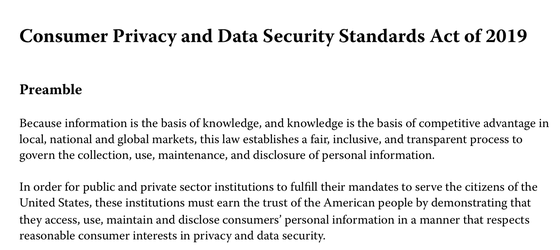WPF Comments to OMB regarding AI and Privacy Impact Assessments
The World Privacy Forum has filed detailed comments to the U.S. Office of Management and Budget (OMB) in response to its Request for Information on Privacy Impact Assessments. Specifically, OMB requested information about how the U.S. Federal government should update or adjust its requirements for Privacy Impact Assessments (PIAs) in regards to changes to data ecosystems brought about by Artificial Intelligence (AI). WPF provided substantive recommendations regarding administrative provisions of the Privacy Act, scalable automated AI governance tools for privacy and trustworthy AI, ensuring nimble processes for privacy and AI assessments, and ensuring balanced, skillful socio-legal-technical decisionmaking.


